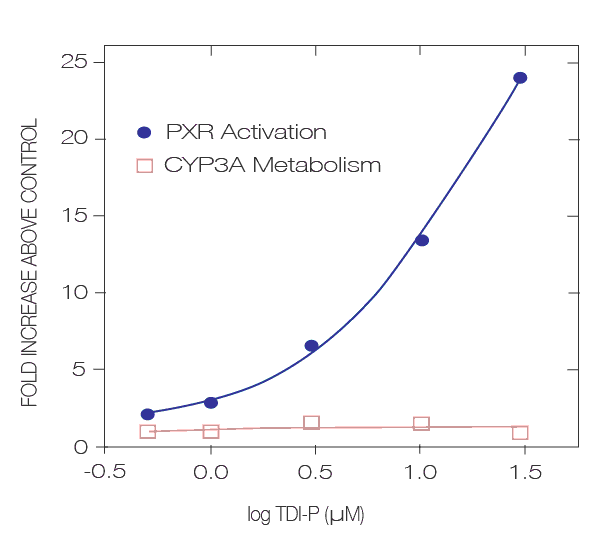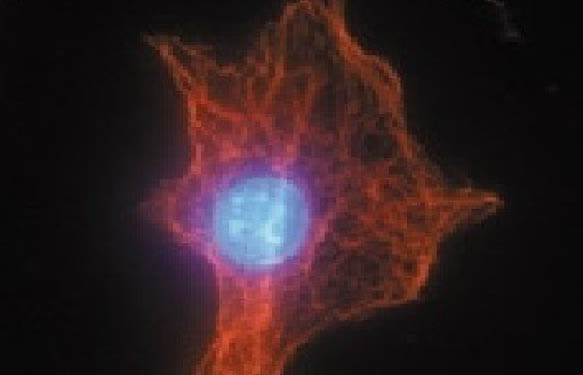A ready-to-use E3 ligase activity enzymatic assay, the E3LITE kit, has been recently designed enabling researchers to screen for E3 enzyme inhibitors and potentially new therapeutical drugs. What’s it for and why is it of interest?
Well, the conjugation of ubiquitin (Ub) to a target protein requires the co-ordinated function of a “ubiquitination machinery” involving 3 distinct ligases. Among these enzymes involved in the proteasome pathway, Ubiquitin E3 ligases act as scaffold proteins, providing docking sites for the conjugation of Ub.
E3 ligases are known to regulate any cellular process linked to ubiquitination (ex. cell cycle, DNA repair…). They are frequently described as being overexpressed in human cancers. They are considered to participate actively in the development of cancers (ex. the components of E3 ligases complexes (FBW7, MDM2, RBX1, RBX2, cullin 4…) but also of neurodegenerative disorders. Mutations in the PARK2 gene (encoding for the Parkin RBR E3 ubiquitin protein ligase) have been described in a familial form of autosomal recessive juvenile Parkinson’s disease (AR-JP).
Such discoveries have led to the development of a novel class of anticancer drugs targeting selectively E3 ubiquitin ligases, with the need to develop reliable in vitro assays to evaluate E3 ligase activities.
E3LITE Customizable Ubiquitin Ligase Kit for measuring E3 activity

The E3LITE Customizable Ubiquitin Ligase Kit produced by LifeSensors and available through tebu-bio in 96- and 384-well plate format for HTS application) has been developed for the exploration of the mechanistic basis underlining the activity of E3 ligase enzyme of choice. At the core of the assay, microtiter plate strips, pre-coated with a proprietary reagent, are used for the capture of polyubiquitin chains formed in an E3 ligase-dependent reaction.
For the assay, an E1-E2 enzyme cocktail (the enzymatic partners of E3) is added first, in the presence of ubiquitin, to the coated microtiter plate wells. An E3 ligase under consideration is then added to the wells, and the reaction is initiated with ATP. During the reaction, polyubiquitin chains generated by the E1-E2-E3 machinery are recognized and captured in the wells.
E3LITE Customizable Ubiquitin Ligase Kit for flexible experimental design when measuring E3 activity
- Ubiquitin E1 Activating Enzyme
- Ubiquitin E2 Conjugating Enzyme
- E1-E2-E3 Control

Cullin 4b protein at the nucleus of HeLa cells. Green: Cullin 4b protein stained by Cullin 4b antibody (210GTX129298) Red: phalloidin, a cytoskeleton marker. Blue: Hoechst 33342 staining. Scale bar = 10 µm. - Recombinant Ubiquitin
- Linear Polyubiquitin Control
Go a step further in your Ubiquitination / proteasome pathway studies
- E3 activity monitoring in solution phase, with the E2 of your choice
- Quantitative Analysis of Ubiquitin E2 Conjugation or E3 Ligase Activity
- Identification of novel E2 or E3 Activity
- High Throughput Screening (HTS) of antagonist or agonists of ligase activity
- Monitor enzyme activity during purification
Interested in measuring E3 ligase activity or screening for E3 inhibitors?
Leave a message below or subscribe to tebu-bio’s Drug discovery and Cell signaling thematic eNewsletters!



